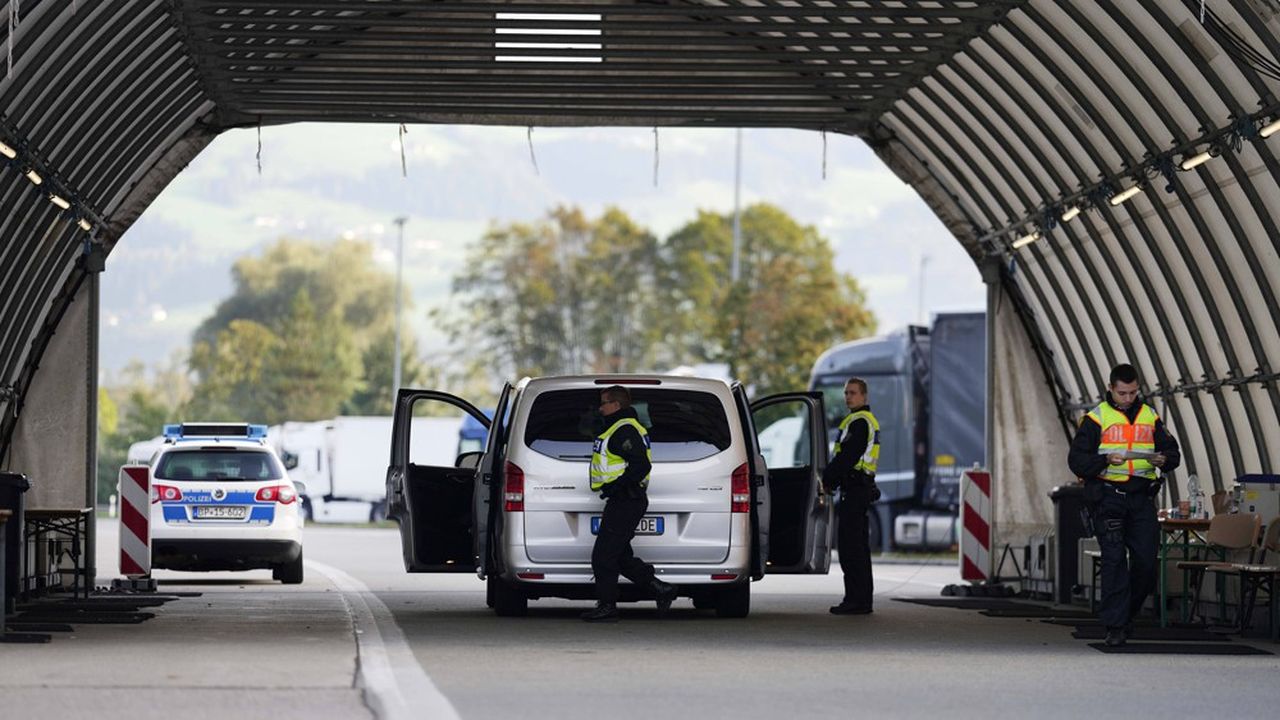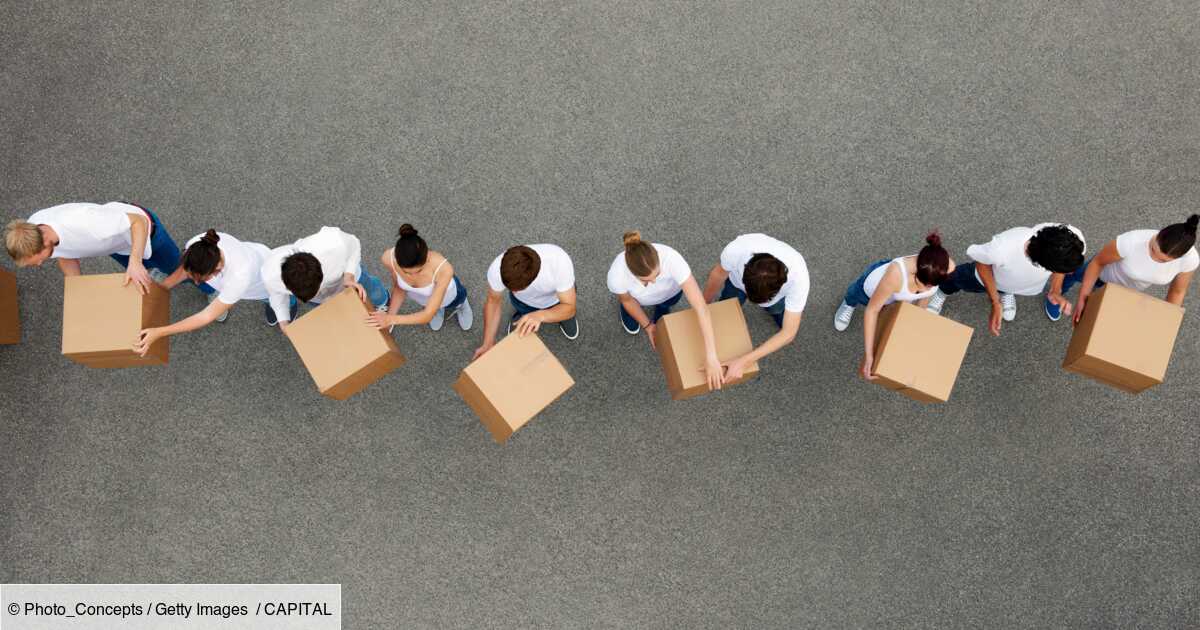
The change of pace was dazzling. Until now, Olaf Scholz’s government had accustomed German citizens to long weeks of negotiations, before the three coalition parties could agree on a subject. The 2025 budget project, presented to Parliament on Tuesday, was quite emblematic of this process, with more than 80 hours of negotiations in the spring and 23 meetings. All this, to discuss the project again a month later.
And then everything changed. Illegal immigration has become such a hot topic that decisions are now being made at an unusual speed. On August 29, six days after the stabbing attack in Solingen (North Rhine-Westphalia), the government announced tougher gun laws and the elimination of support for asylum seekers who entered another EU country before Germany.
A first since the return of the Taliban
At the same time, thanks to mediation by Qatar, Berlin sent back to their country 28 Afghans convicted of crimes. This was the first time since the return of the Taliban, although the measure had long been considered impossible. The measures came just before regional elections in Thuringia and Saxony.
On Monday, Interior Minister Nancy Faeser announced a generalization of border controls. From September 16, controls will be established for six months at the borders with France, Luxembourg, the Netherlands, Belgium and Denmark.
They will be added to those in place since October 2023 at the borders with Poland, the Czech Republic, Austria and Switzerland. Around 30,000 illegal refugees have been sent back since then, according to the German administration. “The coalition government is under increasing pressure to show that it can act on problems related to immigration and asylum applications,” analyzes Helena Hahn, of the think tank European Policy Centre.
A change in policy
On Tuesday afternoon, a new meeting on illegal immigration between the federal government, the Länder and the opposition did not produce any results and the Christian Democrats (CDU) announced that they would no longer participate in these meetings. But the pressure is strong. Key elections are being held in Brandenburg on September 22. A symbolic region, where Olaf Scholz’s SPD has been in power since reunification…
While the country experienced an attempted attack last week, carried out by an Austrian known for his Islamist sympathies, politicians are very nervous and fear both other attacks and a hardening of opinion.
According to a Deutschlandtrend survey for the leading television channel ARD published last week, 48% of Germans consider immigration to be the most important political issue at present, far ahead of the economy (20%), the climate (12%) or social inequality (12%). On this topic, 77% of them want a change in asylum policy, so that fewer people come to Germany.
But if the decisions are very quick, the question of their implementation still arises. Across the Rhine, the police union reacted with scepticism to the announcement of border controls, given the workload of the police officers. The feasibility of returning illegal migrants is also debated, while Austria has already opposed any support. Acting quickly, while respecting the free movement of goods and people in Europe is a challenge. Since 2023, the reestablishment of controls in a country is limited to six months, renewable, for a maximum of two years.
In this context, politicians are walking a tightrope. Questioned by the German media, the co-leader of the Social Democratic Party, Saskia Esken, approved the government measures, while considering it important that “Germany maintains a welcoming face”. In an interview with the daily newspaper “Tagesspiegel”, the Christian Democratic Interior Minister of North Rhine-Westphalia, Herbert Reul, called for “prudent” action, with the idea of preserving “the magnificent achievement of opening borders in Europe”. In short, on such a complex subject, Germany will need a great deal of political experience.




